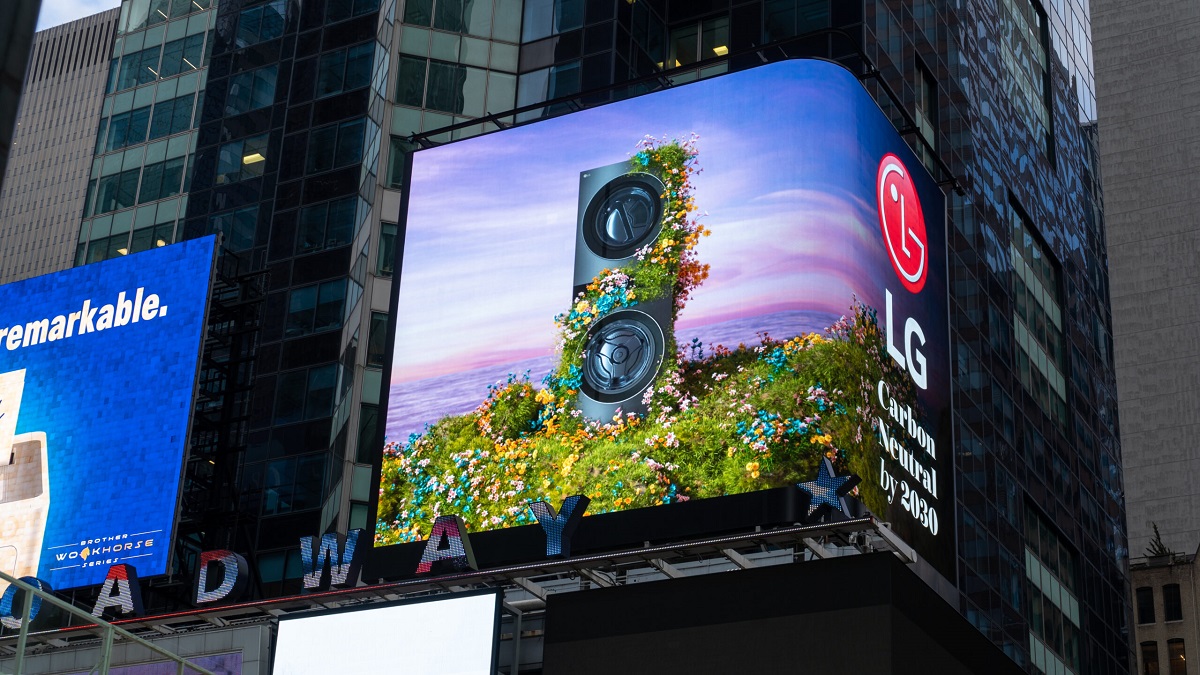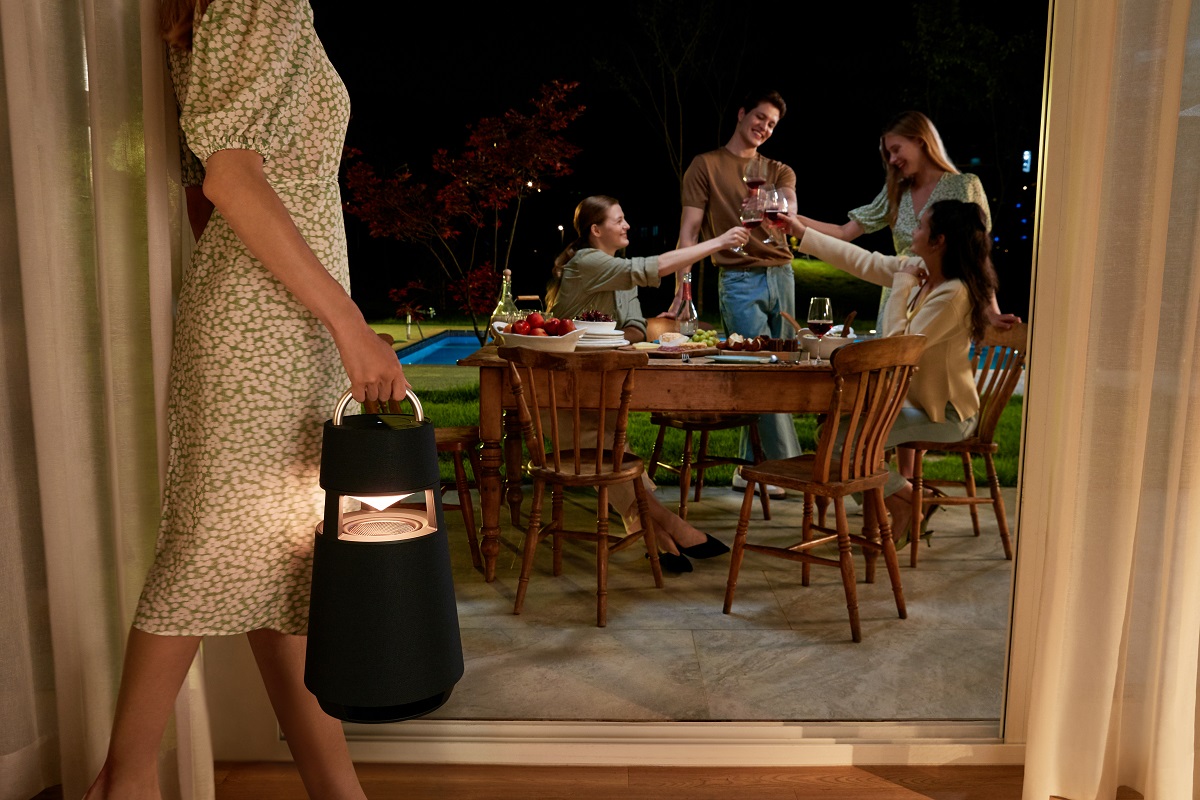Australian retailers have been among the world’s most progressive when it comes to driving industry sustainability through recycling initiatives, energy and water ratings systems, the removal of potentially harmful materials such as refrigerants and other important programs.
As we move into 2022 there is opportunity to do even more. Customer interest in the sustainable merits of products is extremely high, and the commercial opportunity (as well as the social one) continues to grow.
For industry commentators such as LG Electronics Australia marketing manager of home entertainment, Tony Brown, , this is a massive opportunity for the sector.
“We’ve seen sustainable credentials go from ‘nice to have’ to among the top purchasing factors in just a couple of years,” Brown said. “It’s shifting the landscape from one where there was an onus on companies to improve sustainability credentials, to one where there is now an opportunity to do so. It is a very important shift.”
A recent Kantar Global Monitor found 66%of shoppers believe it is important for brands to be ‘committed to making our society better’. They are increasingly demanding that organisations – big and small – do more than just the basics when it comes to sustainability.
For LG Electronics, this means looking at more innovative and essential ways of improving the eco performance of its products.
One area of interest to the company is the use of recycled plastics in new products. Last year LG set a goal of using about 600,000 metric tons of recycled plastic by 2030.
It is part of LG’s larger initiative to create a takeback ecosystem for electronic scrap and increase the use of post-consumer recycled materials in its consumer electronics and home appliance products.
Australian retailers can already see the first of these products on shelves – with more likely to come.

The current LG OLED TV line-up will use less virgin plastic than in the past, globally reducing as much as 10,000 metric tons of virgin plastic use.
The LG XBOOM 360 Portable Speaker product heavily featured reused materials and was one of the company’s fastest-selling portable audio products in recent times.
Fabricated partially from recycled plastic and other post-consumer materials, the eco-conscious speaker has received many international certifications and awards. It combines resource efficiency, removal of hazardous substances during manufacturing, energy savings and recyclability measured over a product’s lifespan.
In a message likely to resonate with green-conscious retailers and customers, LG used its CES virtual press conference in January to discuss how its products are becoming more eco-friendly throughout their entire lifecycle – from development, production and delivery to installation, use and disposal.
While recycled plastic is currently used inside LG TVs, PC monitors, speakers, washing machines, refrigerators and air conditioners, LG will expand the use of recycled plastic to the exterior of its products as well during the coming years. In 2020, LG utilised approximately 20,000 tonnes of recycled plastic in its products which it plans to increase more than tenfold by 2025.
“The Australian retail community has been an unsung champion of sustainable programs,” Brown said. “Yet the reality is that every day they’re helping consumers make smarter environmental choices – from selecting the most energy efficient products, to providing innovative ways to recycle.
“These programs have probably helped more Australians make better decisions about the products they choose and use than any other program in the country. They’ll continue to lead the way as these new generation of sustainable products become available.”

